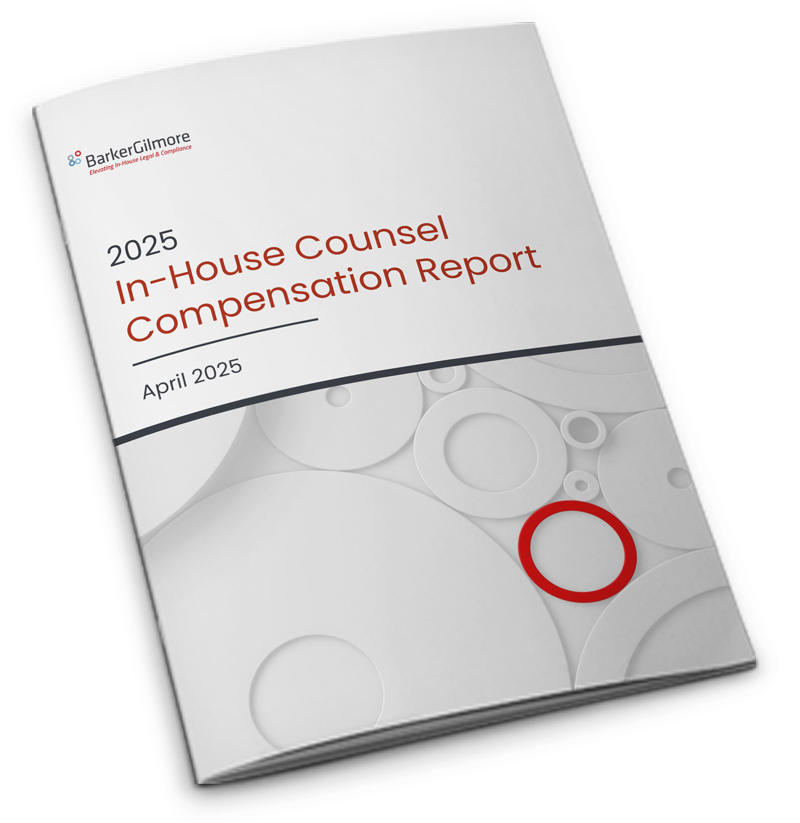Chief compliance officers continue to rake in more money, but increases in most sectors have slowed, according to a new survey.
Median compensation—which includes base salary plus bonus—for compliance chiefs at public companies rose 7% to $419,000 in 2024, while it climbed 12% to $250,000 at nonprofits, according to a March survey of compliance heads conducted by boutique executive search firm BarkerGilmore. The median CCO salary and bonus at private companies dropped 1% to about $300,000.
Among seven industry categories, only the rate of salary increase among finance compliance chiefs remained the same year-over-year, at 5%. Industrial and manufacturing firms saw the biggest slowdown in CCO salary increases, at 2% in 2024 compared with 7% the year before, a drop that follows a long slump in factory output.
BarkerGilmore pointed to a number of factors contributing to a slowdown in salary increases, including tighter hiring budgets following the Covid-19 pandemic and economic and political uncertainty. BarkerGilmore Managing Partner John Gilmore added that slowing salary increases are in line with what is happening across executive teams.
“The real money comes on the back end, when the company does extremely well,” said Gilmore. “Needless to say, the cash bonuses and equity awards pay off.”
Factors that also could be contributing to a slowdown in pay bumps include the increased use of technology and automation, which in some cases reduces the number of compliance staff under their supervision, said Ash Athawale, a senior vice president with executive search firm Robert Half. Tighter overall budgets also have had an effect.
“With budget constraints, some companies are looking at ways to consolidate that compliance leadership role under the legal department and that impacts compensation,” Athawale added.
One big element that boosted salaries was a law degree, according to the survey.
At public companies, compliance chiefs with a law degree commanded median total compensation, including base salary, bonus and other long-term incentives, of nearly $529,000 in 2024, versus $234,000 for those without. Meanwhile, CCOs with a law degree at private companies had a median salary that was $61,000 higher than for those without, according to BarkerGilmore. At nonprofits, law-degree CCOs had $92,000 higher pay.
“A lot of that is because of the way that they interpret regulations, the way they view risk, the way they’re able to come up with different solutions,” Gilmore said about why compliance chiefs with law degrees command higher salaries. “There’s plenty of CCOs out there without a JD that do a remarkable job…but one thing when you’re hiring a CCO is that you don’t want to make a bad hire. You want to make a hire that is guaranteed to work.”
Gilmore added that traits that aren’t listed on a résumé are often crucial in helping someone get hired and command a higher salary. “You’re looking for that person that comes and immediately grabs the attention and has the executive gravitas that everyone is looking for—the ability to influence, the ability to make decisions, the ability to form business relationships, the ability to solve problems with very creative solutions. Those people’s salaries are at the very high end or above the high end of the ranges you see in our report.”
Despite the slowdown in salary increases, CCOs surveyed mostly weren’t out looking for jobs with higher pay, according to BarkerGilmore. Around 65% of CCOs at public companies, 63% at private firms and 60% at nonprofits said they had a low or very low interest in a compensation-motivated job search.
The firm surveyed 330 compliance heads in March to assess industry compensation trends. Of survey respondents, 56% came from private companies, while 29% worked for public companies and 15% were in the nonprofit sector. Compliance chiefs in the financial sector made up more than half of the respondents, followed by those in the healthcare and life sciences, at 27%. More than half of the respondents worked for companies with more than $1 billion in revenue.
Connect with a legal recruiting advisor
* indicates required fields



